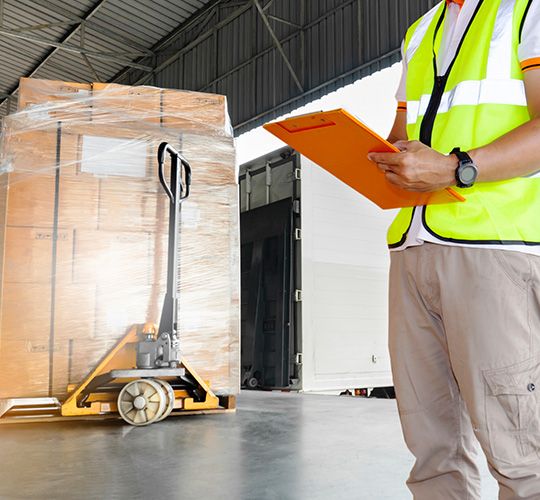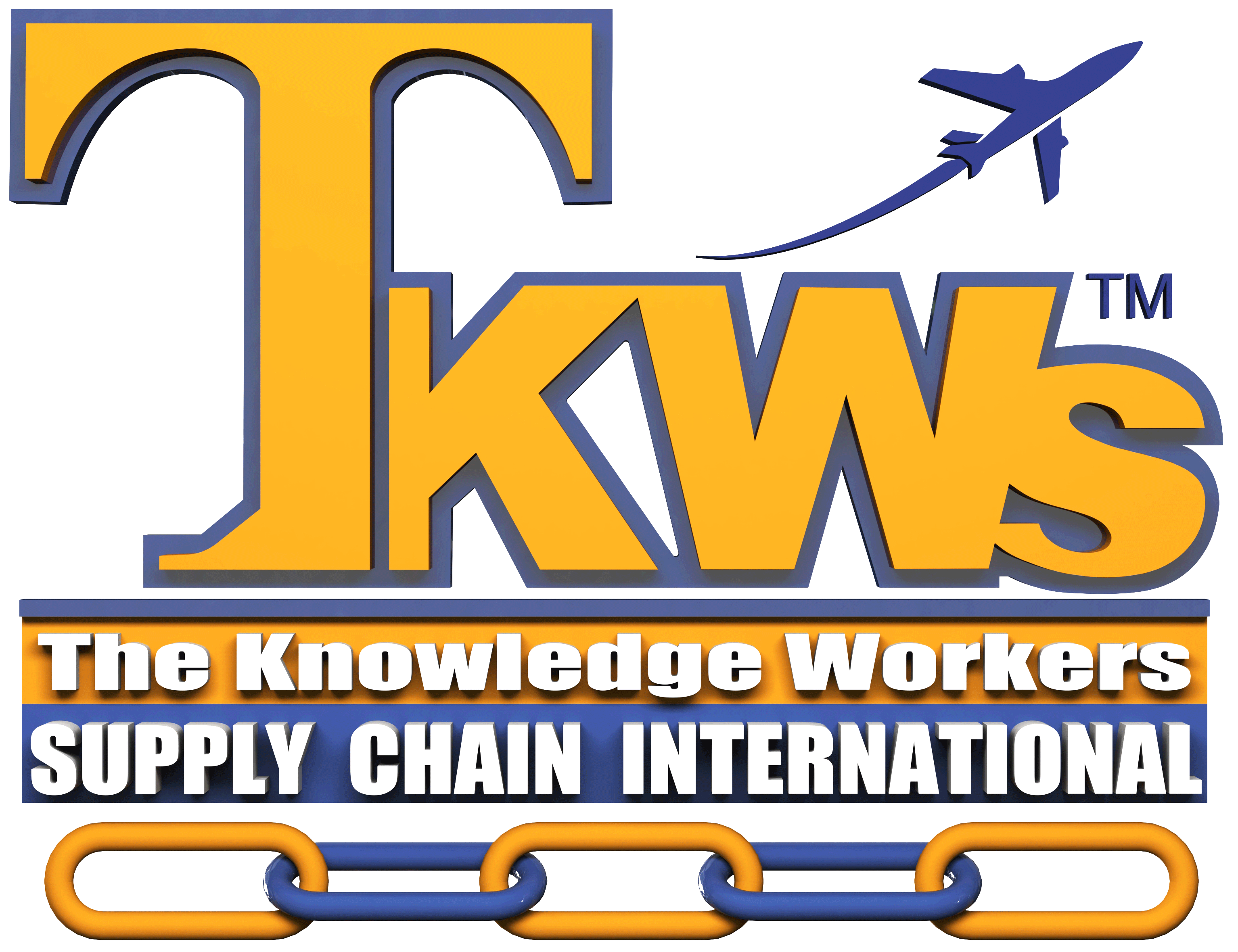Import and Export Customs Clearance
Import & Export Customs Clearance
Customs clearance is a crucial part of international trade, ensuring smooth and legal movement of goods across borders. It involves submitting documentation for imports and exports, including declarations, licences, and invoices, and paying customs duties, taxes, and tariffs. Customs clearance services, such as customs brokers, help navigate complex regulations and ensure legal compliance. Accurate tariff classification is also essential for duty rates and trade regulations.
Import customs clearance
The procedure by which products are lawfully imported into a nation from overseas is known as import customs clearance. To guarantee the seamless entry of goods into the nation entails adhering to the rules and specifications established by customs officials.
Documentation-
Importers are required to submit various documents to customs authorities, including customs declarations, commercial invoices, packing lists, and import licenses. These documents provide information about the goods being imported, their value, origin, and intended use.
Customs Duties and Taxes-
Importers must pay any applicable customs duties, taxes, and tariffs on the imported goods. These charges are based on factors such as the value of the goods, their classification, and any trade agreements or preferential tariff schemes in place between the importing and exporting countries.
Customs Inspection-
Customs authorities may inspect imported goods to verify their accuracy and compliance with regulations. Inspections may involve physical examination of the goods, verification of documentation, and sampling or testing of goods to ensure they meet safety and quality standards.
Clearance Process-
Once all necessary documentation has been submitted and any duties or taxes paid, customs authorities will clear the goods for entry into the country. This typically involves issuing a customs clearance certificate or release order, allowing the goods to be released from customs control and delivered to the importer.
Export customs clearance
The process of meeting legal requirements and securing the required authorizations to lawfully transfer products from one nation to another is known as export customs clearance. Ensuring compliance with export regulations and supporting the seamless movement of commodities across borders, is an essential stage in international trade.
Documentation-
Exporters are required to prepare and submit various documents to customs authorities, including export declarations, commercial invoices, packing lists, and certificates of origin. These documents provide information about the goods being exported, their value, destination, and compliance with export controls.
Compliance with Export Controls-
Exporters must ensure compliance with export controls and regulations imposed by both the exporting and importing countries. This may include restrictions on the export of certain goods, technology, or services, as well as compliance with trade sanctions or embargoes imposed by international organizations or governments.
Customs Declarations-
Exporters must accurately declare the details of the goods being exported, including their description, quantity, value, and intended use. Customs declarations serve as official documentation for customs authorities to assess duties, taxes, and tariffs on exported goods.
Export Licensing-
Depending on the nature of the goods being exported and the destination country, exporters may need to obtain export licenses or permits from relevant government agencies. Export licenses ensure compliance with export controls and regulatory requirements for specific categories of goods, such as controlled substances, dual-use items, or military equipment.

Get a Quote
Please Fill All Inquiry To Get Your Total Price.
Customs clearance service
Customs clearance services are crucial for businesses importing and exporting goods across international borders, ensuring compliance with regulations and documentation requirements, thereby reducing the complexity and time-consuming process.
What is Customs Clearance Service?
Customs clearance services facilitate international border movement, requiring documentation, duties, taxes, and import/export laws. Provided by customs brokers or freight forwarders, these services navigate trade regulations on behalf of importers and exporters.
The Process of Customs Clearance
- Customs clearance involves preparing crucial documentation such as commercial invoices, packing lists, bills of lading, and certificates of origin for a smooth process.
- Once the documentation is prepared, the customs broker or freight forwarder submits a customs declaration to the relevant customs authorities. This declaration provides details of the imported or exported goods, their value, origin, and intended use.
- Customs authorities assess duties, taxes, and other fees applicable to the imported or exported goods based on their classification, value, and country of origin. The customs broker ensures that the correct duties and taxes are calculated and paid to expedite the clearance process.
- Customs authorities may conduct inspections or examinations of the goods to verify their compliance with regulations and to ensure they match the information provided in the documentation. The customs broker coordinates with customs officials to facilitate any required inspections.
- Once all requirements are met, including payment of duties and taxes, and compliance with regulations, customs authorities grant clearance for the goods to enter or leave the country. The goods are then released for delivery to their final destination.
Benefits of Customs Clearance Services:
Expertise and Compliance:
- Customs clearance service providers possess expertise in international trade regulations and customs procedures, ensuring compliance with all applicable laws and regulations.
Time and Cost Savings:
- Outsourcing customs clearance to experienced professionals can save businesses time and money by streamlining the clearance process, avoiding delays, and minimizing the risk of fines or penalties for non-compliance.
Reduced Administrative Burden
- By handling documentation preparation, customs declarations, and other administrative tasks, customs clearance service providers relieve businesses of the burden of navigating complex customs procedures, allowing them to focus on their core operations.

Types of Duties and Taxes

Import Duties

Export Duties

Value Added Tax (VAT) or Goods and Services Tax (GST)

Excise Duties
Factors Affecting Duties and Taxes Calculation

Tariff Classification

Customs Valuation

Origin of Goods

Additional fees
Importance of Accurate Calculation

Cost Consideration

Compliance

Competitive Advantage
Tariff Classification: Understanding the International Trade
Customs clearance is a vital aspect of international trade, requiring submission of import and export documentation, payment of duties, taxes, and tariffs, and accurate tariff classification.
The Harmonized System (HS) is a standardized classification system used by over 200 countries for goods. It plays a crucial role in international trade for customs valuation, trade facilitation, and regulatory compliance.
Defining the correct tariff classification involves analyzing product characteristics, functions, trade agreements, and customs rulings. Expert assistance is often sought from
Frequently Asked Questions
- Customs clearance is the process of ensuring goods meet legal requirements, including compliance with regulations, documentation submission, and payment of duties and taxes.
- Customs clearance requirements vary by country, goods type, and transportation mode, but common documents include invoices, packing lists, bills of lading, certificates, import/export licenses, permits, conformity certificates, and inspection certificates.
- Customs duties and taxes are determined by goods classification, value, and origin/destination country, with rates varying based on regulations.
- Customs brokers and freight forwarders handle complexities in customs procedures, assisting importers and exporters with documentation, duties, taxes, and compliance, ensuring smooth business clearance processes.
- Customs clearance duration varies based on shipment complexity, documentation accuracy, efficiency, and additional inspections, ranging from hours to days or weeks, depending on the country's customs processes.

What happens if you don't follow the customs regulations?
Non-compliance with customs regulations may lead to penalties, fines, goods seizure, or clearance delays, emphasizing adherence for businesses.

How can businesses ensure smooth customs clearance for their imports and exports?
For smooth clearance, businesses maintain accurate documents, work with experienced brokers, stay informed, classify goods properly, and communicate effectively.

Any trade agreements reducing customs duties for imports and exports?
Many countries have trade agreements with reduced or zero customs duties, benefiting businesses by meeting eligibility criteria and compliance.
